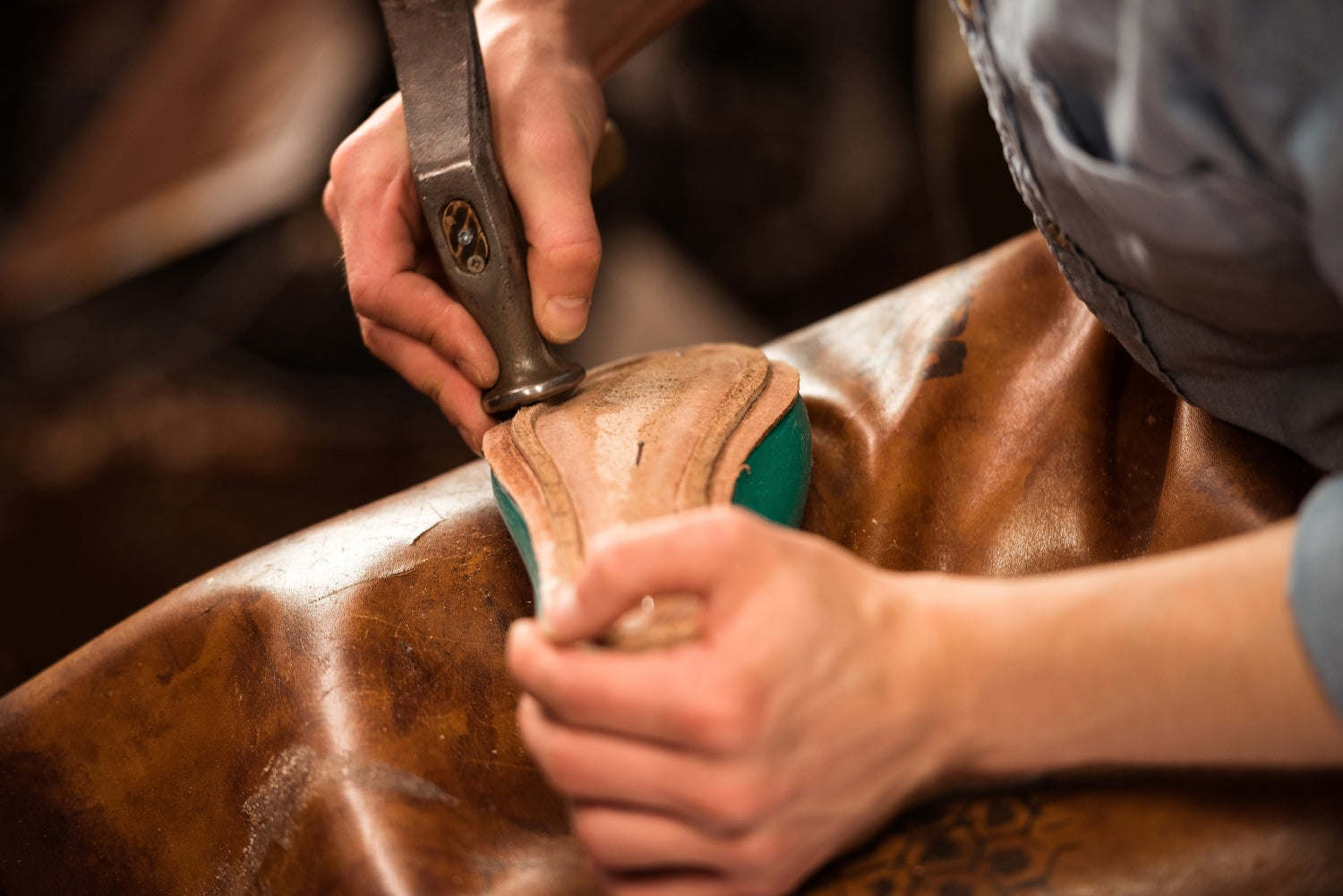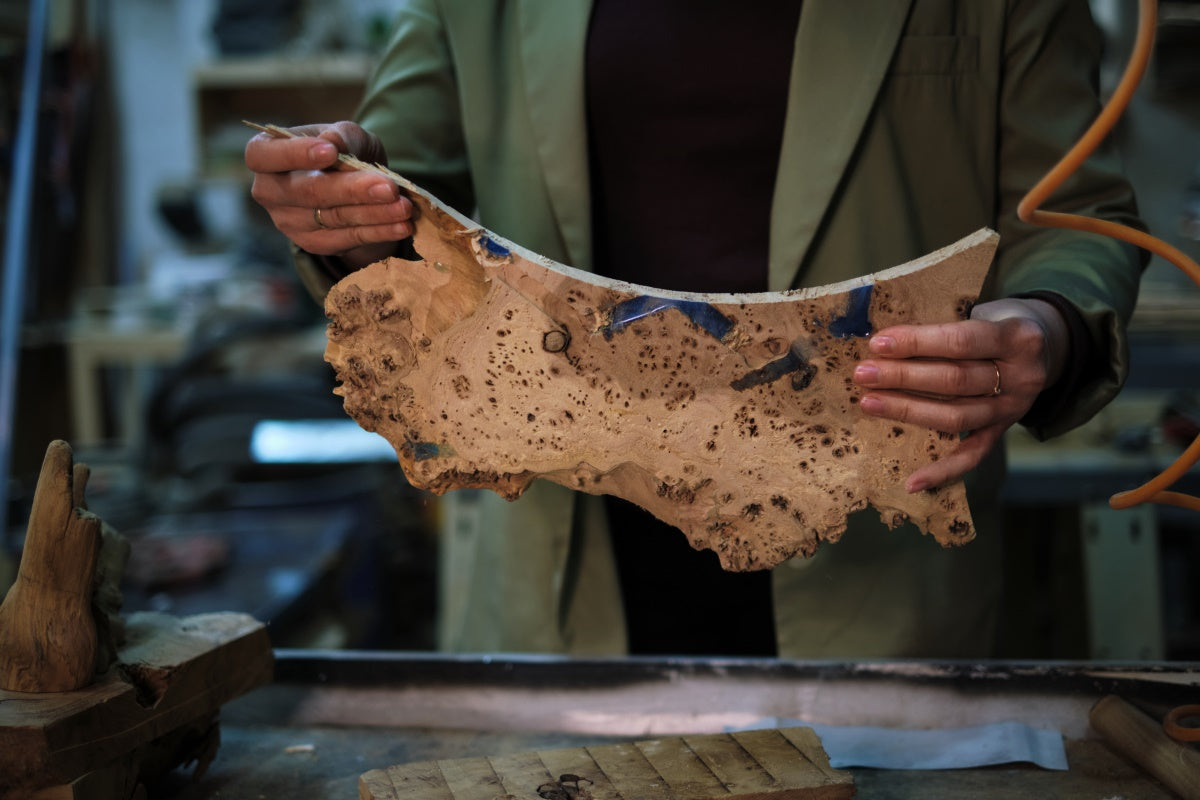In the realm of natural wonders, cork stands out as a truly remarkable material. It's not just a stopper for wine bottles or a flooring option; it's a versatile, sustainable, and eco-friendly resource with a fascinating story behind its harvesting, and we at Kaamna love it, be it our wallets, airpod holders, laptop bags, all of them are made of it. Let's delve into the world of cork – how it's harvested, its myriad benefits, and its eco-friendly credentials.
The Harvesting Process
Cork is harvested from the bark of cork oak trees (Quercus suber), predominantly found in the Mediterranean region, particularly in countries like Portugal, Spain, and parts of North Africa. What makes cork harvesting unique is that it doesn't require the tree to be cut down. Instead, skilled workers, known as extractors, carefully strip away the outer bark by hand every 9 to 12 years, leaving the tree intact. This process doesn't harm the tree and allows it to regenerate its bark, making cork a truly renewable resource.
Benefits of Cork
1. Versatility:
- Wine Stoppers: One of the most well-known uses of cork is as a stopper for wine bottles. Its elasticity and ability to form a tight seal make it ideal for preserving wine.
- Flooring: Cork flooring is gaining popularity due to its durability, natural insulation properties, and aesthetic appeal.
- Insulation: Cork's cellular structure makes it an excellent insulator, both thermally and acoustically. It's used in construction for soundproofing and energy efficiency.
- Fashion and Design: Cork's unique texture and appearance have also made it a trendy material for fashion accessories, as seen in Kaamna’s cork products and interior design elements.
2. Sustainability:
- Renewable: As mentioned, cork harvesting doesn't harm the tree, and it can be harvested repeatedly throughout its lifespan, which can extend up to 200 years.
- Carbon Sink: Cork oak forests act as significant carbon sinks, absorbing carbon dioxide from the atmosphere and storing it in the trees and soil.
- Biodiversity: These forests are also important ecosystems, providing habitat for various plant and animal species contributing to biodiversity conservation.
3. Durability and Resilience:
- Water Resistance: Cork is naturally resistant to moisture, mold, and mildew, making it an excellent choice for humid environments.
- Fire Resistance: Cork contains suberin, a waxy substance that makes it naturally fire retardant.
- Shock Absorption: The cellular structure of cork makes it resilient to impacts, making it ideal for flooring and other applications where cushioning is needed.
Eco-Friendly Qualities
Cork's eco-friendly credentials extend beyond its renewable nature and sustainability:
1. Biodegradability:
- Cork is biodegradable, meaning it will naturally decompose over time without releasing harmful toxins into the environment.
2. Low Environmental Impact:
- The harvesting process is labor-intensive but has minimal environmental impact compared to other materials like plastic or metal.
- Cork production consumes less energy and generates fewer greenhouse gas emissions compared to synthetic alternatives.
3. Recyclability:
- Cork products can be recycled and repurposed into various items, reducing waste and extending the material's lifecycle.
Conclusion
Cork is a true marvel of nature, offering a multitude of benefits across various industries while maintaining its eco-friendly credentials. From its sustainable harvesting process to its versatility and durability, cork stands as a shining example of how humans can work in harmony with nature to create products that are both practical and environmentally responsible. So, the next time you uncork a bottle of wine or step onto a cork floor, take a moment to appreciate the beauty and sustainability of this remarkable material.


